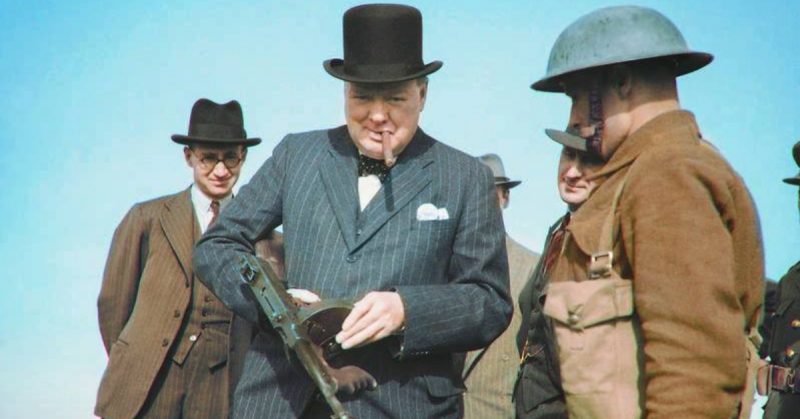World War II has been captured on film by Hollywood, written about in both fictional and factual books, and caught in newsreel footage at the time.
Nevertheless, half-baked stories and flat-out lies about it to persist to this day. It’s hard to say why, but perhaps when tales have a glimmer of truth in their origins, it’s just too tempting for some people to avoid inflating them.
For example, some people still think that France essentially rolled out the red carpet for Hitler instead of fighting German occupation tooth and nail. Even more ludicrous, some believe that Hitler danced a little jig when he heard this news. However, the truth is: no they didn’t, and he definitely did not.
France put up quite a struggle, but it was still reeling from World War I, which goes some way to explaining why it took Germany only six weeks to secure its surrender.
As for Hitler dancing at the news, he was indeed shocked that it took relatively little time to take the country over, and was caught on film stepping back when he heard the news. But dancing? No. It would be insulting to French people everywhere to repeat these two stories as fact.
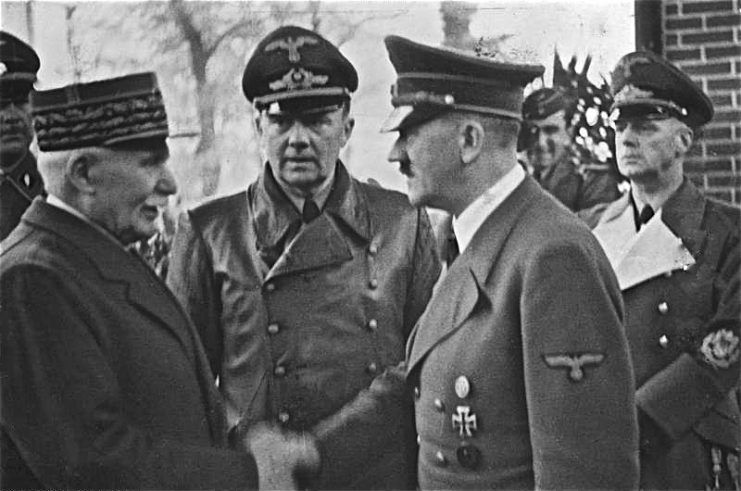
The evacuation of Dunkirk and the circumstances leading up to this event have been repeatedly recreated on film. Remarkably, some people still credit Hitler with ordering his men to take a breather, letting them rest in a kind of salute to Britain and Churchill.
It’s true that German troops were resting and regrouping during the evacuation, but this was at the instruction of an anonymous German general, not because Hitler was showing respect to the English soldiers.
The fact that the Germans didn’t fight the British more arduously during the evacuation is more due to a happy accident of timing.

Two myths about Hitler himself also persist — one personal, one professional. Concerning the latter, some say that Hitler won the Nazi leadership by just one vote, but in fact, he won by a landslide. The personal myth is that he had one testicle.
This story began to circulate at the end of the war after the Soviets performed the autopsy on Hitler’s body following his suicide.
For years, many insisted it was true, including a medic who treated Hitler in World War I. But there is no conclusive, documented evidence to support this notion.
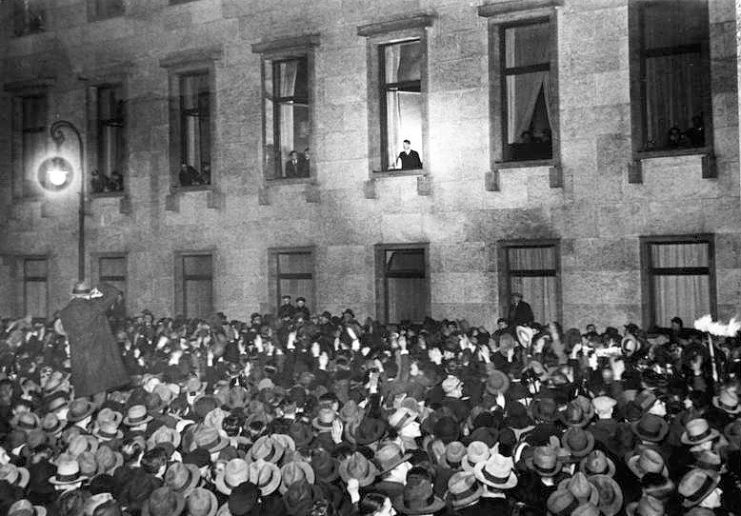
Some myths about the war sprang from good intentions, like the one in which British planes destroy a German aerodrome. It arose from a book, Berlin Diary, written by war correspondent, William Shirer.
His entry in 1940 claims he heard of British bombers doing this, but the question it begs is: why? Different versions of the story surfaced, such as German planes attacking British airstrips, but again: why? No source for these stories has ever come forward to confirm the account in Shirer’s book.
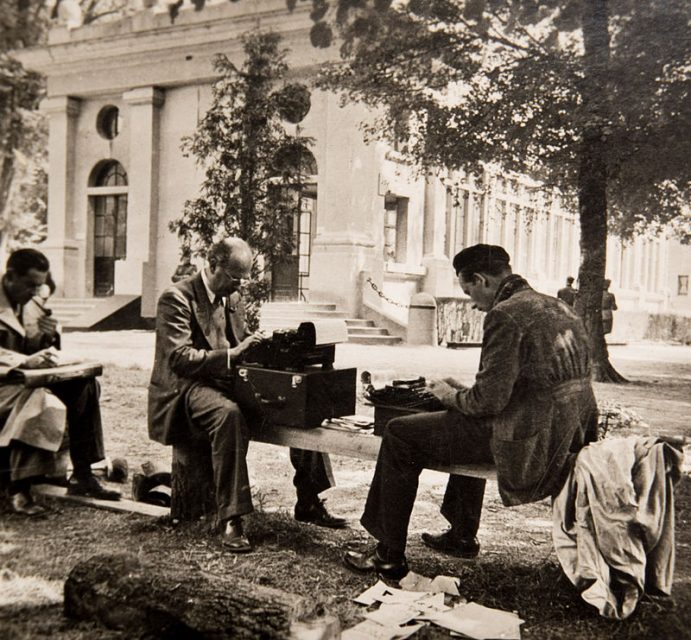
Germany was not the only country around which false narratives arose after the war. Japan had its share as well.
Critics of the U.S. atomic strikes against Nagasaki and Hiroshima claim that there was no need for this drastic step because Japan was ready to surrender. On the contrary, there is documented evidence that demonstrates the country’s intention to combat any invasion on its soil.

Furthermore, evidence also suggests that it was planning an invasion of the U.S. Japan fervently believed the U.S. could not survive another attack like Pearl Harbour so, before the bombs fell, it was actively planning another attack.
But once the two cities were virtually demolished, Japan signed surrender papers on August 15, 1945.
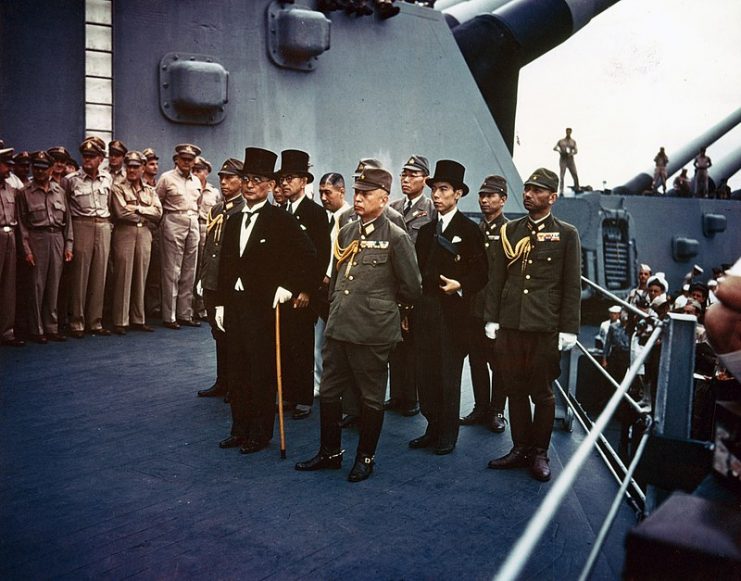
Another fallacy that swirls around Japan is that one of its wartime leaders in the Philippines, General Tomoyuki Yamashita, found and hid millions in gold and other treasures.
No corroborating evidence was ever offered for this theory, and the general certainly wasn’t talking during his trial for war crimes in 1945. But at least one person bought this tale: the late president of the Philippines, Ferdinand Marcos. He invested time and resources pursuing this myth, all to no avail.
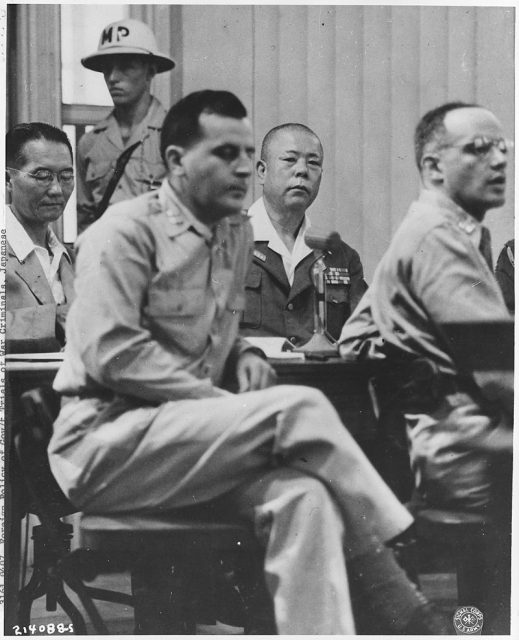
In Germany, the fiercest – and most feared – of Hitler’s troops was the SS. Led by Heinrich Himmler, its mandate was to help create a “master race” made up of Aryans: men of pure, German blood.
At first, Himmler stuck to his principle of recruiting only white men with the correct racial profile. But by 1944, many of these so-called “racially pure” men had died in battle, and Himmler needed more men. By the war’s end, the group had members who were Spanish, French, and even had Russian-German ancestry.
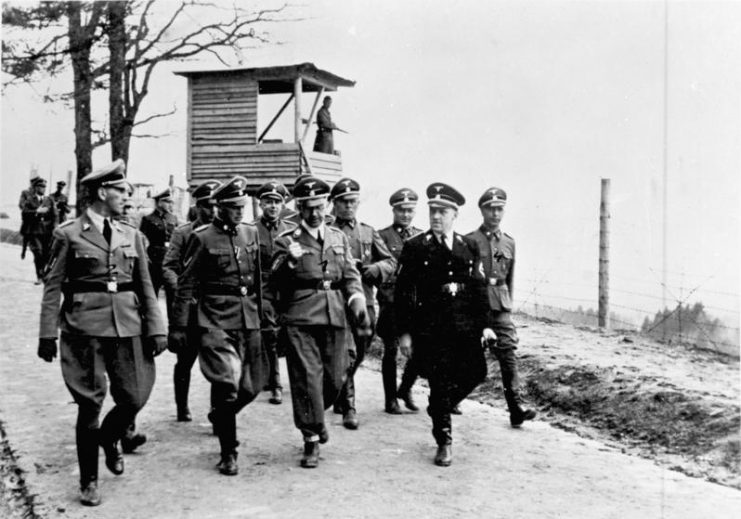
Russia is the center of a different sad tale: that bone fields that existed near Volgograd, then Stalingrad. Many men died on the Eastern Front, with some estimates running into the millions. But an Austrian journalist’s claim in the 1980s that they were all put in a mass grave there was a pure exaggeration.
Another story about Russia includes its scientists and biologists, who were purportedly trying to create a “master race” of their own to combat the Aryans.
These creatures were able to conquer all their fear, go without sleep, and serve as slaves to their Soviet masters. No doubt the Russians did bizarre medical experiments just like their German counterparts, but no race of “super slaves” ever emerged.
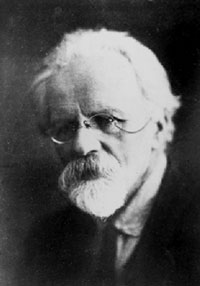
Other myths are innocuous, and even a little humorous. A “graveyard of cars” in Belgium was not created by U.S. soldiers stealing German vehicles.
The truth is blander: people abandoned cars, built in the 1960s and 1970s, at a specific locale, which was finally cleaned up in 2010.

Some people claim that the expression “the whole nine yards” arose from the measure of a machine gun’s ammunition belt. However, the term comes from American baseball, a reference to the nine innings in a regulation game.

The tale of a German submarine being forced to surrender because of a malfunctioning toilet was based on truth but exaggerated.
The toilet was not overflowing, as legend has it. The technology was new at the time, and the sub’s captain misused it with the result that he had to surface to avoid the leaking gas poisoning his crew. The British Navy spotted the sub, just off the Scottish coast.

Another false story is that Lee Marvin and Bob Keeshan, also known as Captain Kangaroo, served together at Iwo Jima. Both did indeed serve in the U.S. Army, but at different times and in different locales.
This particular tale sounds like something manufactured by a Hollywood studio’s P.R. department to boost morale. Why no one checked it before it stuck is a mystery.

As odd as it sounds, a few Korean men did serve on the German side during the war and were captured by U.S. troops at Omaha Beach in 1944. These men had previously been captured by the Germans and forced into service by them.
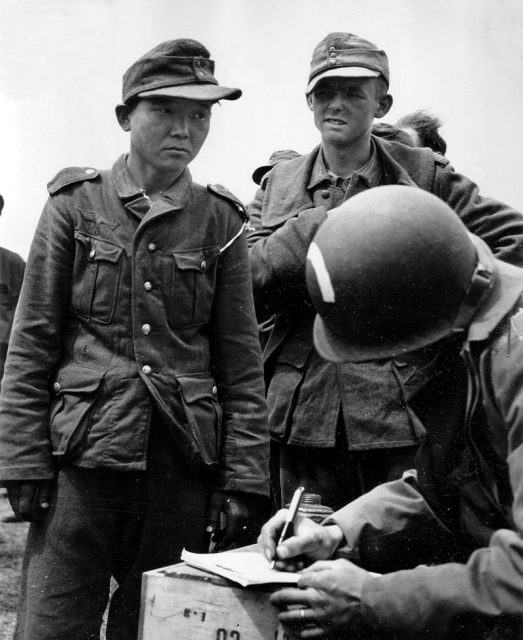
Read another story from us: Battle of Iwo Jima with Amazing Video and Combat Photos
These and other stories about the war continue to circulate because society is fascinated by World War II. Despite the many true tales of heroics and tragedy that actually occurred, we are still enthralled by what we don’t understand.
Why learn about the horrors of lab experiments conducted by Russian biologists when we can imagine a fictional story of a Soviet super slave? Perhaps our willingness to buy into false narratives says more about us as an audience than it does about the absurd stories themselves.
